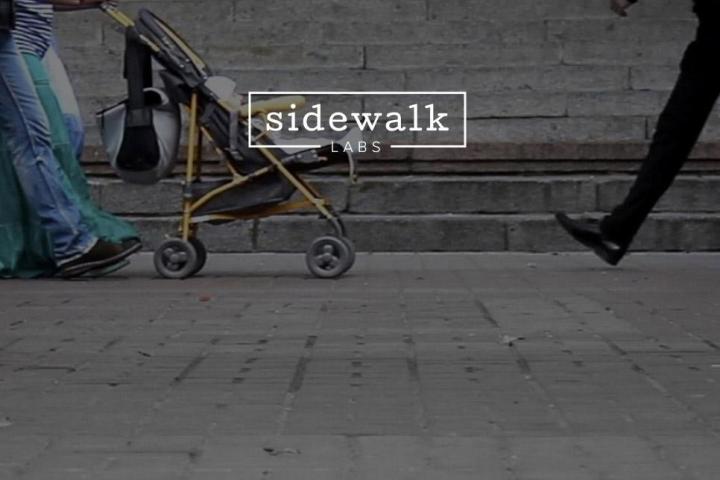
The list of lucky cities include Boston, Denver, Los Angeles, Seattle, Washington, D.C., Austin, Texas, Chattanooga, Tennessee, Lone Tree, Colorado, Centennial, Colorado, Portland, Oregon, Madison, Wisconsin, Minneapolis / St. Paul, Minnesota, Sacramento, California, San Jose, California, Miami-Dade County, Florida, and Nashville, Tennessee. Most are cities that did not win, or were not eligible for, the the U.S. Department of Transportation’s $40 million Smart City urban revitalization challenge earlier in 2016.
Sidewalk Labs will provide the resources necessary to get various “smart city” initiatives off the ground, a spokesperson said. It will cover Transportation For America’s operating costs, initially, and provide “technical assistance” to improve the flow of traffic and transit services. And later down the line, it’ll theoretically ramp up those efforts with the implementation of Flow, a “transportation platform” that uses real-time data to provide commuters with parking and traffic information, identify points of congestion, and suggest the redirection of public transit like trains and buses to human supervisors.
Sidewalk Labs’s chosen cities will likely follow the lead of Colombus, Ohio, the winner of the Department of Transportation’s competition. According to documents unearthed by The Guardian, Sidewalk Labs hopes eventually to deploy vehicles with cameras that would drive around cities to record roadside parking signs and map out public parking locations. It would combine that information with the stream of data supplied by drivers using Google Maps, Google’s navigation app, to indicate which parking spaces are available.
“We will build a platform for ingesting lots of different kinds of data to enable users … to understand the ground truth in real-time,” Daniel Doctoroff, New York City’s former deputy mayor of economic development and rebuilding and CEO of Sidewalk Labs, told The Verge earlier in 2016. “It will be fed essentially into an analytical machine that will enable cities to map assets against demand, create dashboards for transportation, parking, maybe even permitting. And on top of that, we can potentially build applications over time, some of which may be consumer applications.”
The city and their and their residents stand to benefit handsomely. Flow’s algorithms would highlight the most lucrative routes for parking enforcement, which Sidewalk Labs estimates could mean as much as $4 million in added revenue for a medium-sized city. A new parking app would support payments systems like Android Pay and Apple Pay, from which cities would receive one percent of revenue. Residents would be granted unfettered access to more than 100 free Wi-Fi hotspots around the city. And the more than 90,000 low-income transit users who currently rely on bus passes would be provided transportation subsidies on ridesharing services.
The current roadmap has the most of Flow launching by July 2017. Sidewalk Labs has begun “exchanging data” with the city of Columbus in anticipation of the coming rollout.
Not everyone is copacetic with Sidewalk Labs’s plans. According to Recode, the company’s free Wi-Fi kiosks would pack a myriad of sensors and tracking technologies that might make some passersby uncomfortable. Devices that connect will be tracked. The kiosks in question will monitor air quality, bike and pedestrian traffic, street noise, street vibrations, magnetic fields, light spectrum, and even security threats like abandoned packages.
And they would not come free. Around 100 kiosks outfitted with the full array of sensors would cost cities an estimated $4.5 million in the first year. Two 55-inch advertising screens reduce that cost, but only partially — Sidewalk Labs would pocket 50 percent of the profits.
But the the subsidiary is realistic about its prospects. “[It’s] not going to happen at real scale for a while,” Doctoroff told The Verge. “But that doesn’t mean you can’t be putting into place the infrastructure today in order to solve real-world problems like parking, lane changing, and traffic enforcement, where that infrastructure utility you put in today can’t be a critical component of that future view. And so we are beginning to think about things, and actually beginning to build or in some cases acquire products to enable us to get to that place over time.”


